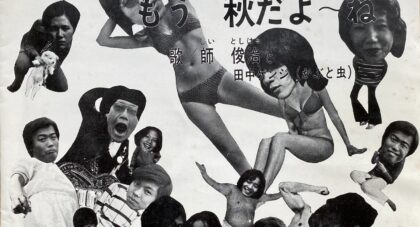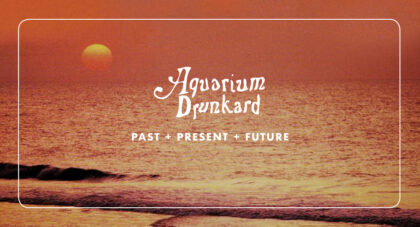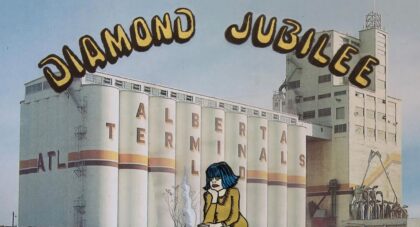Charlie Louvin is a legend. And I don't use that term lightly. Recording alongside his late brother, Ira, The Louvin Brothers recorded some of the most vital and beautiful music of the last 60 years and was an unquestioning influence on the eventual alt-country movement. Even though Charlie has been a solo artist for over 40 years, he still receives numerous Louvin Brothers requests at his shows and their albums are still in print and widely available.
On February 8th, Charlie was . . .
Only the good shit. Aquarium Drunkard is powered by its patrons. Keep the servers humming and help us continue doing it by pledging your support.
To continue reading, become a member or log in.


